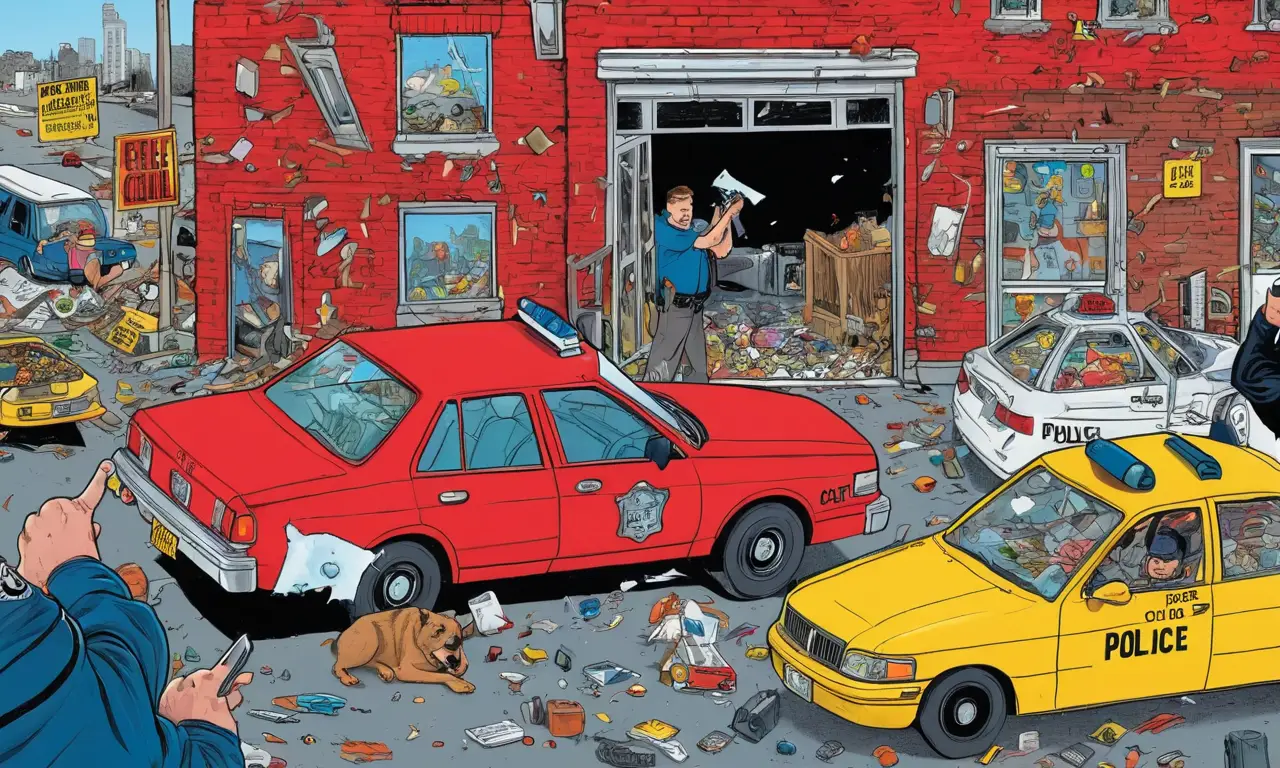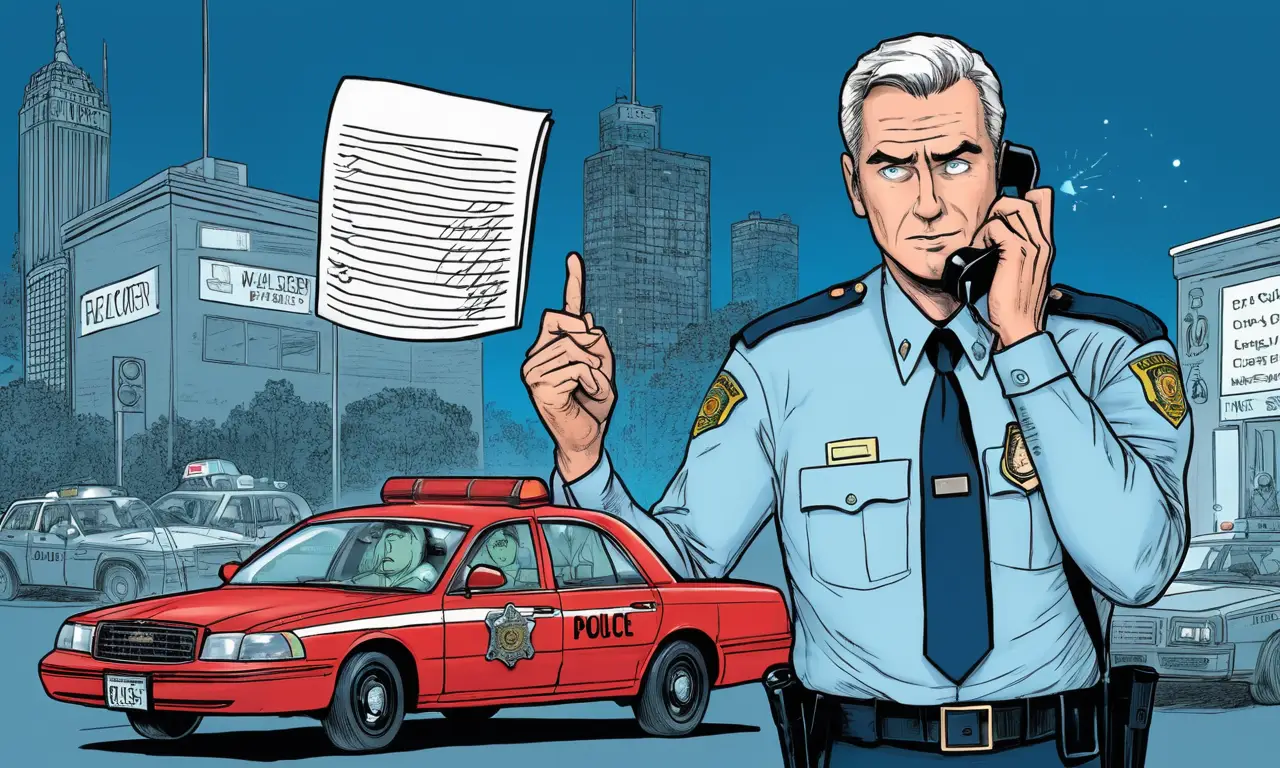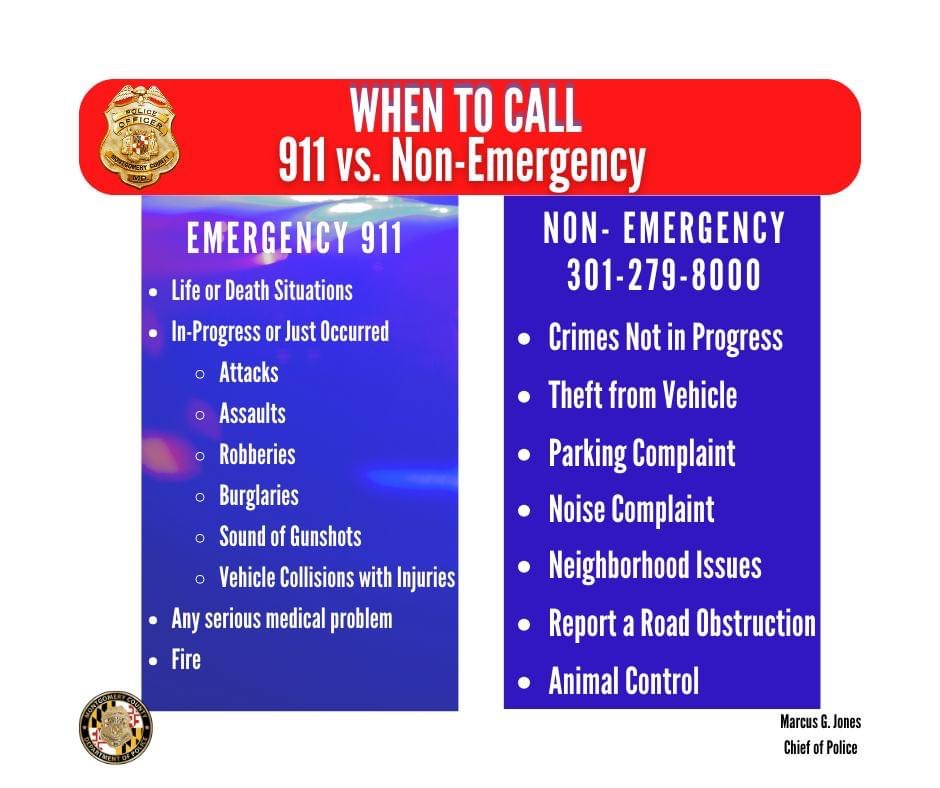Navigating the world of emergency services can be confusing. Knowing when to call 911 for immediate threats versus utilizing a non-emergency line for less urgent matters is crucial. This article aims to clarify the purpose and function of non-emergency police lines, providing you with essential information about when to use them and what to expect during your call.
This guide will delve into the definition of a non-emergency police line, outlining specific situations where it’s appropriate to call. We’ll explore the procedures involved in reporting minor incidents and accessing general information through this line. By understanding these nuances, you can effectively utilize this valuable resource when needed.
Non-Emergency Police Line Definition
A non-emergency police line is a dedicated phone number for contacting your local police department regarding matters that do not require immediate response. These lines are staffed by administrative personnel who handle a wide range of requests, from reporting minor incidents to providing general information about law enforcement services. It’s important to remember that what happens when you call non emergency is distinct from calling 911 for emergencies.
Non-emergency lines are designed to alleviate the burden on 911 operators and ensure that emergency resources are available for truly critical situations. By utilizing this line, you contribute to a more efficient system and allow first responders to focus on life-threatening emergencies.
When to Call a Non-Emergency Number

While non-emergency lines are not intended for immediate threats or ongoing crimes, they are valuable resources for various situations. Here are some examples of when calling a non-emergency number is appropriate:
- Reporting minor incidents: This includes events like lost property, vandalism that doesn’t involve immediate danger, noise complaints, and suspicious activity that doesn’t pose an immediate threat.
- Requesting information: You can call to inquire about police services, crime prevention tips, reporting procedures for specific incidents, or general inquiries about local law enforcement.
- Following up on a previous report: If you need to check the status of a previously filed report or have additional information to provide, contacting the non-emergency line is often the best course of action.
Remember, if you are unsure whether a situation warrants calling 911 or the non-emergency line, err on the side of caution and dial 911. It’s always better to be safe than sorry.
What to Expect When You Call
When you call a non-emergency police line, you will typically be greeted by an operator who will ask for your basic information and the nature of your request. Be prepared to provide:
- Your name and contact information
- The location of the incident or your inquiry
- A clear and concise description of the situation
The operator will then assess your request and either provide you with the necessary information, direct you to the appropriate department, or schedule a follow-up if needed.
Keep in mind that response times for non-emergency calls may vary depending on the volume of calls received by the department.
Reporting Minor Incidents

When reporting a minor incident through the non-emergency line, be as detailed and accurate as possible. Provide the following information:
- Date and time of the incident: This helps establish a timeline and allows for proper documentation.
- Location of the incident: Be specific about the address or intersection where the incident occurred.
- Description of the incident: Clearly explain what happened, including any relevant details such as individuals involved, property damage, or potential witnesses.
Remember to remain calm and polite throughout your interaction with the operator. They are there to assist you and gather the necessary information to address the situation appropriately.
Tips for Reporting Minor Incidents
- Gather any available evidence: If possible, take photos or videos of the scene, collect any relevant documents, or note down any identifying information about individuals involved.
- Be truthful and accurate: Provide honest and factual details to ensure that the police have a clear understanding of the situation.
- Follow up if necessary: If you haven’t received a response within a reasonable timeframe, don’t hesitate to call back and inquire about the status of your report.
General Information and Assistance
Non-emergency lines are also valuable resources for obtaining general information about law enforcement services. You can call to:
- Learn about crime prevention programs: Many police departments offer programs and resources to help residents protect themselves and their property from crime.
- Find out about community policing initiatives: These programs aim to build stronger relationships between law enforcement and the communities they serve.
- Get information about reporting procedures: If you’re unsure about how to report a specific type of incident, the non-emergency line can provide guidance.
Remember that police departments are committed to serving their communities and providing assistance whenever possible. Don’t hesitate to reach out through the non-emergency line for any questions or concerns you may have.
Conclusion
Understanding the purpose and function of non-emergency police lines is essential for effectively navigating emergency services. By utilizing these lines appropriately, you can contribute to a more efficient system and ensure that resources are available for those in immediate need. Remember to call 911 for emergencies and reserve the non-emergency line for less urgent matters such as reporting minor incidents, requesting information, or following up on previous reports.



